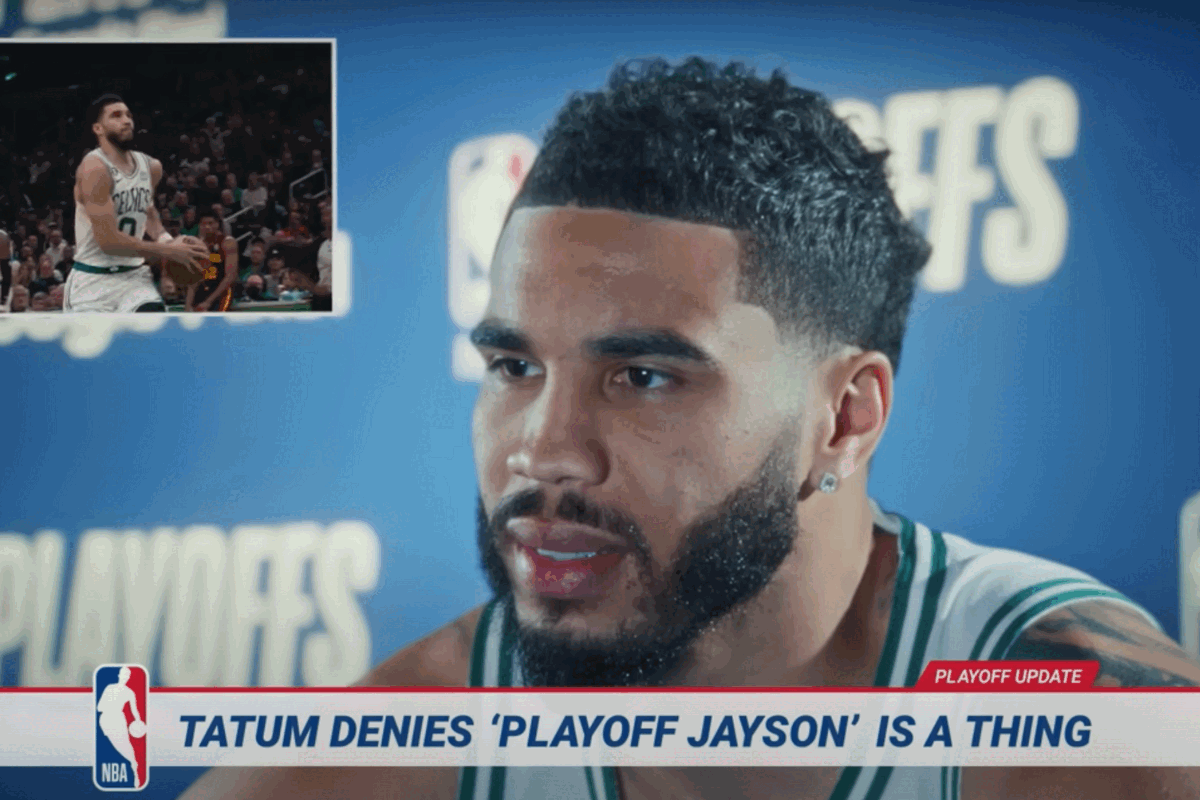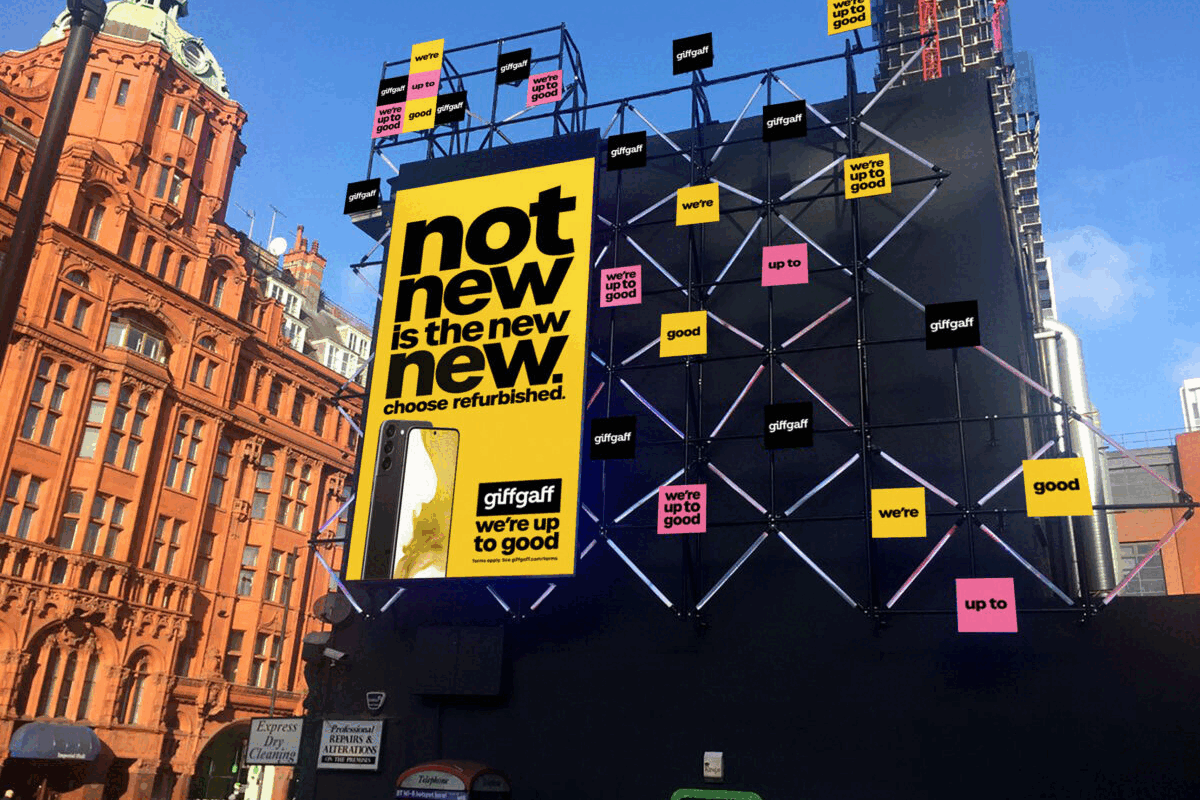Online and Social Media Banned from Advertising Unhealthy Food and Drink
- Friday, December 9th, 2016
- Share this article:
 Online and social media channels been banned from advertising of high fat, salt or sugar (HFSS) food or drink products targeting children in the UK – under new rules put in place by the Committee of Advertising Practice (CAP).
Online and social media channels been banned from advertising of high fat, salt or sugar (HFSS) food or drink products targeting children in the UK – under new rules put in place by the Committee of Advertising Practice (CAP).
The ban, aiming to help protect the health and well-being of children by reducing the number of HFSS food and drinks seen by children, will also include print and cinema, as all non-broadcast media advertising is put in line with television advertising.
The ban means that, from 1 July 2017, HFSS ads will no longer be allowed to appear around TV-like content online, such as video-sharing platforms and advergames – if directed at or likely to appeal to children.
Furthermore, ads that directly or indirectly promote a HFSS product cannot appear in children’s media, and products cannot appear anywhere where children make up over 25 per cent of the audience. Also, ads will not be allowed to use promotions, licensed characters and celebrities popular with children – instead, CAP suggest, using the same techniques to promote healthier options.
“Childhood obesity is a serious and complex issue and one that we’re determined to play our part in tackling. These restrictions will significantly reduce the number of ads for high, fat, salt or sugar products seen by children,” said James Best, chairman of CAP. “Our tough new rules are a clear demonstration that the ad industry is willing and ready to act on its responsibilities and puts the protection of children at the heart of its work.”
Research, by Ofcom, has shown that children aged 5-15 are spending 15 hours online each week on average, overtaking the time spent watching TV for the first time.
However, CAP acknowledge that available evidence shows that the effect of advertising on children’s food preferences is relatively small, particularly when compared to other factors like parental influences.
















